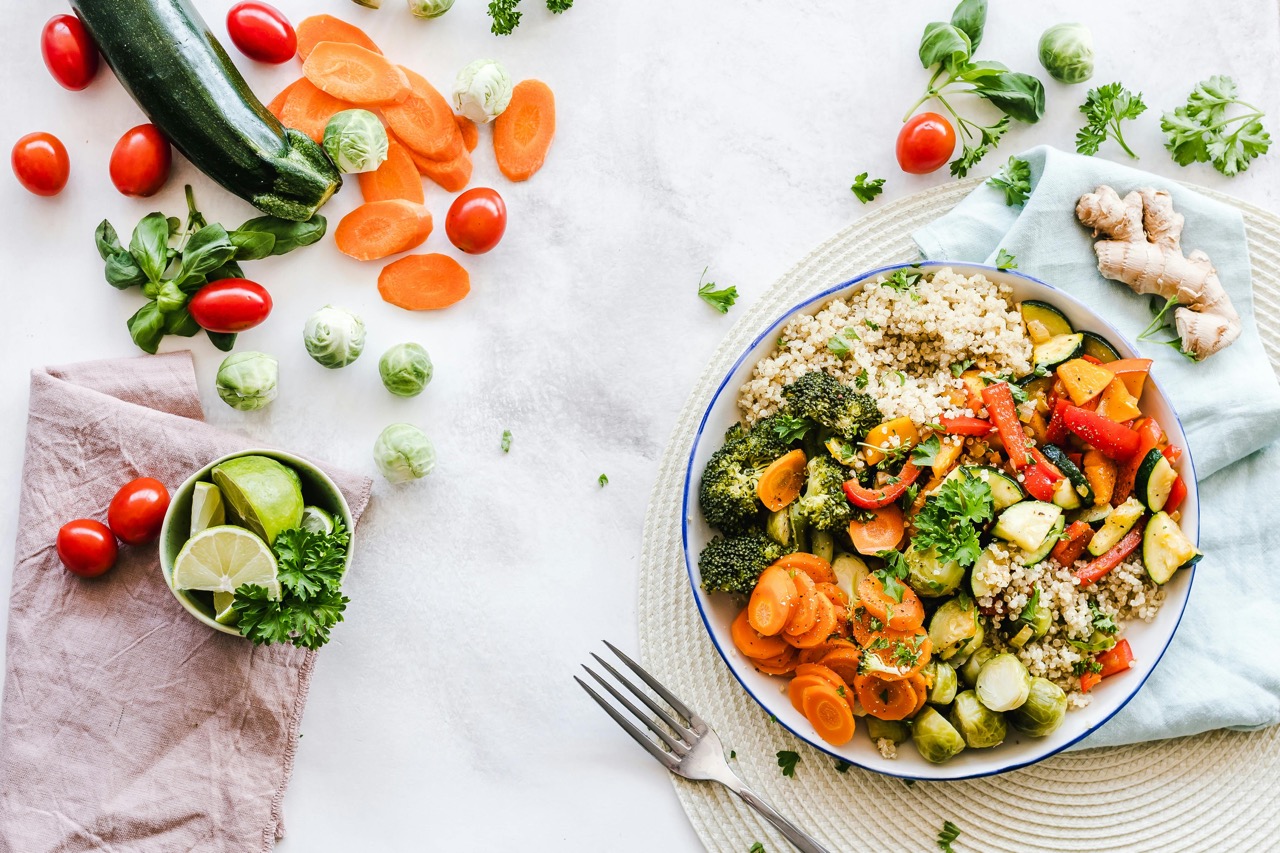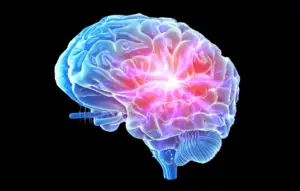As I mentioned in my health and wellness intro blog, most of my childhood was spent eating whatever kind of food I wanted. Due to the fact that I was so active, I never had to be concerned with becoming overweight. I didn’t begin researching the benefits of holistic dietary approaches because I wanted to change the way I looked, but rather the way I felt. I was tired of the brain fog and lethargic feeling I had day-to-day from consuming so much artificial garbage. Slowly but surely, I developed a keen understanding that our gut health controls more than we have previously been led to believe. Referred by some as our ‘third brain’, the health of our gastrointestinal lining may be the answer to so many of today’s diseases both in the body and mind.
Microbiome
Our gut is made up of a microbiome which The National Human Genome Research Institute refers to as a “collective genomes of the microbes (composed of bacteria, bacteriophage, fungi, protozoa, and viruses) that live inside and on the human body”. Between 1990 to 2003, an international team of researchers accomplished an internal mapping of all the human genes in the human body in an effort known as the Human Genome Project. This great fete gave researchers the ability, for the first time, to “read nature’s complete genetic blueprint for building a human being.” By 2007 the National Institute of Health decided to expand on this research by launching the Human Microbiome Project, which is still actively being developed upon today.
One of the most interesting discoveries found early in this project was not only that humans contain more than 10,000 different specifies living in and on us, but that we are also only 10% human cells and 90% bacterial cells. With such a strong focus on hand sanitizer and antibacterial soaps, I think that most of the world has it all wrong when considering our relationship to bacteria. One of my holistic health role models, Troy Casey, powerfully explains our relationship to bacteria in his book Ripped at 50:
“Your microbiome – the community of microbes that lives in you – plays a bigger role in your health than your human genes do. This is not just one doctor or scientist coming to this conclusion. Hundreds of research teams from all around the world have published peer-reviewed articles on this exciting new science.”
Natural Immunity
With such important discoveries being made about the intelligent design of our human bodies and our relationship with bacterial cells, I can’t help but want to ditch the hand sanitizer and embrace our God-given natural immunity. We as humans have steered so far away from our roots with westernized approaches to medicine, that I believe we have actually weakened our immune systems and lowered our instinctual habits that lie in our gut. That being said, western medicine has saved many of the people I love and I do not completely condemn it nor the practice of sanitization. However, I do suggest that we may be softened through some of these approaches and it has taken us way too far from our ancestral living. Processed foods, pharmaceutical drugs and so many other unnatural additives in this world destroy your gastrointestinal lining. This not only weakens your immune response but is also the cause of disorders like leaky gut and parasite infections.
Another one of my favorite health and wellness experts, Ben Greenfield, describes our guts responsibility for immune response in his book Boundless:
“…three-quarters of your immune system resides in your digestive tract. And that entire immune system is protected from the rest of the body by a thin, fragile lining only one cell thick. If that lining is damaged and the barrier that it creates is penetrated, you become allergic to foods you normally would have been able to digest without a problem, you get sick more easily, and your immune system becomes hyperactive, leading to systemic inflammation.”
I believe that it is finally time that we stop viewing our food as a means of quick satisfaction or a tool to lose weight, and begin seeing it for what it is: the original medicine. As Hippocrates, the “Father of Modern Medicine”, said, “Let thy food be thy medicine and thy medicine be thy food”.
Gut to Brain
Now, as I mentioned before about the poor eating habits I carried throughout my youth, I quickly noticed a difference in the way I thought and felt when I began eating real, quality foods. The connection between our gut and our brain is made possible with the vagus nerve. The vagus nerve extends through our neck, chest, and abdomen, and is responsible for controlling our mood, immune response, digestion, and heart rate. In Ripped at 50, Casey lays out the gut-brain axis and vagus nerve:
“This connection between your brain and your gut is known as the gut-brain axis. It provides two-way communication between your brain and your gut. The most important job of the vagus nerve is to send information about the gut, liver, heart, and lungs to the brain.”
Being responsible for so much, the vagus nerve really is one of the most overlooked parts of our human bodies. In his book Patient, Heal Thyself, Jordan Rubin breaks down the functions of our central and enteric nervous systems, as well as how the vagus nerve fits into the picture:
“Early in our embryogenesis, a collection of tissue called the ‘neural crest’ appears and divides during fetal development. One part turns into the central nervous system, and the other migrates to become the enteric nervous system. Both ‘thinking machines’ form simultaneously and independently of one another until a later stage of development…then the two nervous systems link through a neural cable called the vagus nerve, the longest of all cranial nerves. The vagus nerve ‘wanders’ from the brain stem through the organs in the neck and thorax and finally terminates in the abdomen. This is your vital brain-gut connection.”
As you can see, there is much more at play with how our brain functions than just neural activity. Our ‘gut instincts may be extremely compromised if we are not eating the correct foods and promoting healthy bacteria with probiotics. In a recent study performed by Nature Communications, researchers were able to make a connection between non-social fear behavior and infant gut microbiome. Their findings were truly remarkable, as you can see from the highlights listed in their abstract:
“In humans, the first year of life is a key period for brain development, the emergence of fearfulness, and the establishment of the gut microbiome. Variation in the infant gut microbiome has previously been linked to cognitive development, but its relationship with fear behavior and neurocircuitry are unknown. In this pilot study of 34 infants, we find that 1-year gut microbiome composition….is significantly associated with increased fear behavior during a non-social fear paradigm. Infants with increased richness and reduced evenness of the 1-month microbiome also display increased non-social fear. This study indicates associations of the human infant gut microbiome with fear behavior and possible relationships with fear-related brain structures on the basis of a small cohort. As such, it represents an important step in understanding the role of the gut microbiome in the development of human fear behaviors…”
Conclusion
These types of discoveries will hopefully change the way people view their relationship with food and gut function, as I know it has already changed mine. In another post, I will dive into how we can heal our gut lining, promote healthy bacteria and also strengthen our vagus nerve to support our gut-brain axis.







